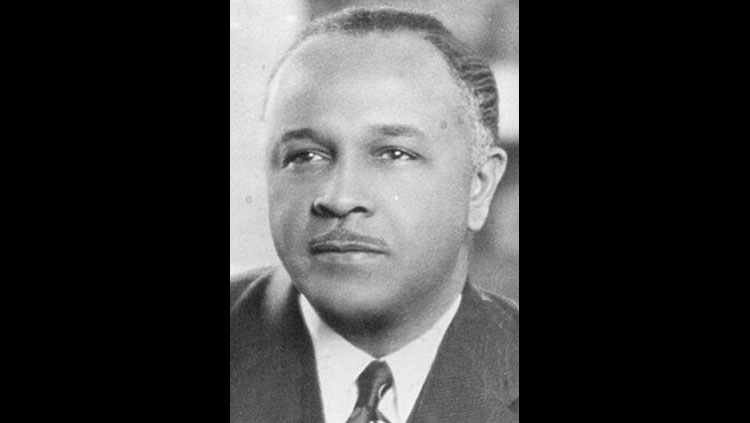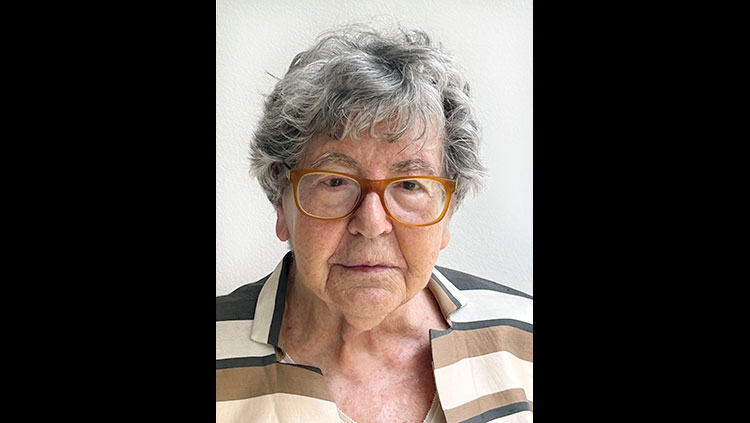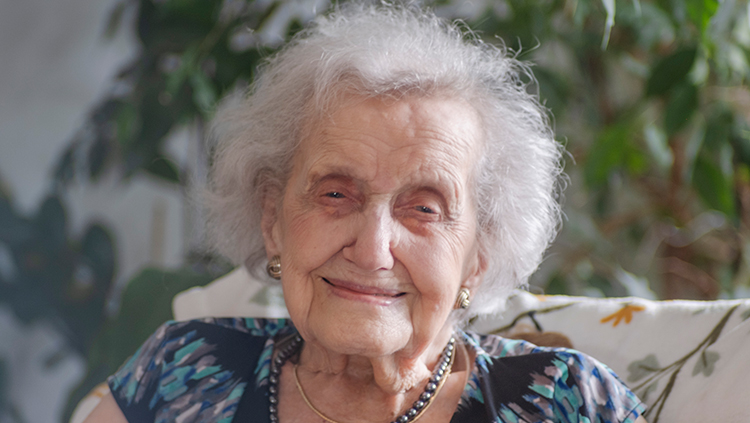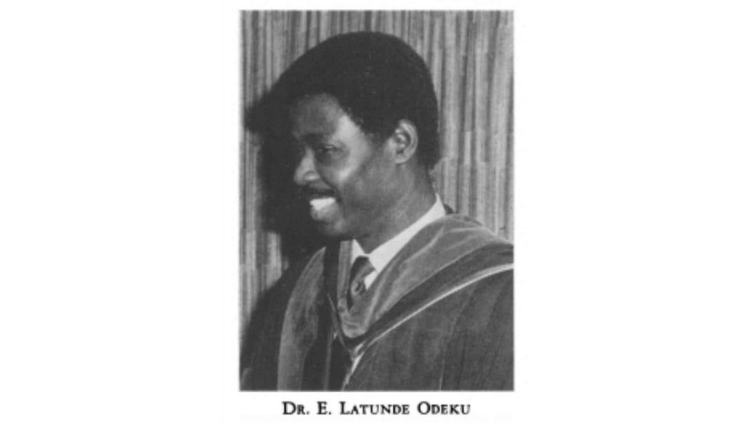Black History Is: James Samuel Risien Russell
- Published10 Feb 2025
- Author Cyrenna Cooper
- Source BrainFacts/SfN
James Samuel Risien Russell was one of Britian’s first Black medical consultants.
Brain Bytes showcase essential facts about neuroscience.
.png)
James Samuel Risien Russell was a Guyanese-British physician, and neurologist, well known for being one of Britian’s first Black medical consultants. Russell began his career in medicine, attending the University of Edinburgh from 1882 to 1886. In 1888, he was named as senior house physician at the National Hospital in Queen Square, London, the world’s first neurological hospital, established in 1860. Years later in 1903, Russell was appointed to the hospital’s management board.
Around 1900, Russell became the Professor of Medical Jurisprudence at the University College London and later became Professor of Medicine at the university. After 1907, Russell served as president of the neurology section of the Royal Society of Medicine. Russell’s years of research focused on neuroanatomy and cerebellum physiology. He played a vital role in defining and understanding specific conditions such as subacute combined degeneration of the spinal cord, a neurological condition caused by a vitamin B12 deficiency, leading to spinal cord damage.
From 1908 to 1918, Russell served as a captain in the Royal Army Medical Corps and worked at the 3rd London General Hospital. There, he tended to soldiers returning from the First World War who needed specialized treatment for shell shock. After the war, Russell aimed to expand access to mental health treatment outside of the walls of asylums and alter the rigid branding of people as “lunatics” without hope of rehabilitation by chairing the National Society for Lunacy Law reform in the 1920s. However, Russell’s progressive beliefs in psychiatry did not necessarily extend to gender equality. He expressed disapproval of the “modern girl” — saying that women with newfound freedoms and liberties lived a lifestyle requiring drugs and alcohol to keep them going, making them susceptible to neurosis, and ultimately leaving them unfit for motherhood. Still, important aspects of Russell’s work as a practicing physician, consultant, professor — and later, an expert witness in London’s High Court — helped advance the field of neurology at the turn of the twentieth century.
Design by Adrienne Tong.
CONTENT PROVIDED BY
BrainFacts/SfN
References
Church and Mental Health. (1931). The Spectator Archive. https://archive.spectator.co.uk/article/4th-july-1931/24/church-and-mental-health
First World War Service and Sacrifice: James Samuel Risien Russell (1863-1939 ). (2022, February). Black History Month Magazine Black History Month 2025. https://www.blackhistorymonth.org.uk/article/section/first-world-war-service-and-sacrifice/james-samuel-risien-russell-1863-1939/
From the archive, 18 February 1926: Lifestyle of the modern girl condemned. (2012). The Guardian. https://www.theguardian.com/theguardian/2012/feb/18/archive-1926-modern-girls-lifestyle-condemned
Jones, E. (2012). Shell shocked. Monitor on Psychology, 43(6). https://www.apa.org/monitor/2012/06/shell-shocked
Pioneering neurologist and UCL Professor commemorated with a blue plaque. (2021). UCL News. University College London. https://www.ucl.ac.uk/news/2021/jul/pioneering-neurologist-and-ucl-professor-commemorated-blue-plaque
Russell, J. S. Risien (1863–1939). (2021). English Heritage. https://www.english-heritage.org.uk/visit/blue-plaques/js-risien-russell/
What to Read Next
Also In Meet the Researcher
Trending
Popular articles on BrainFacts.org


















